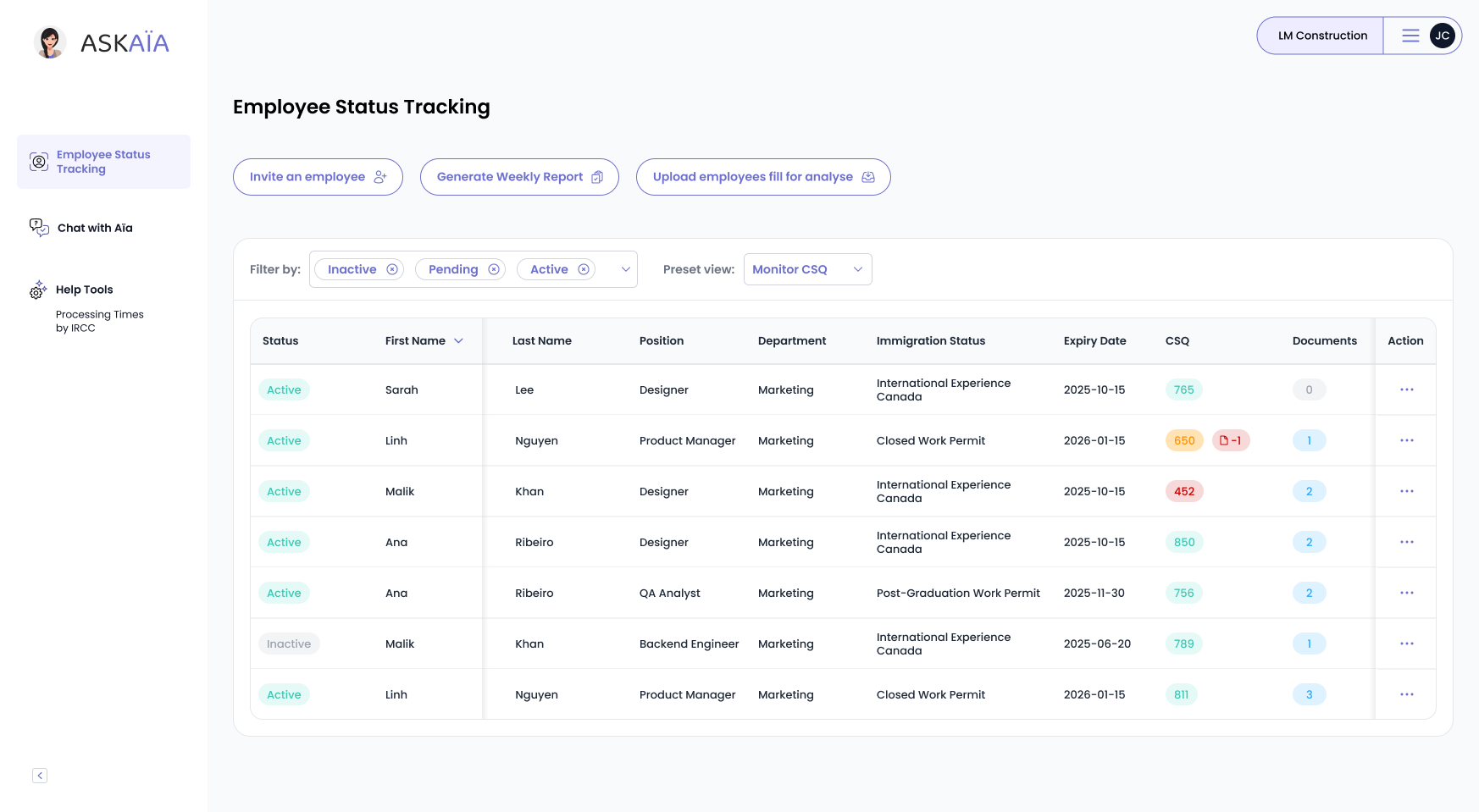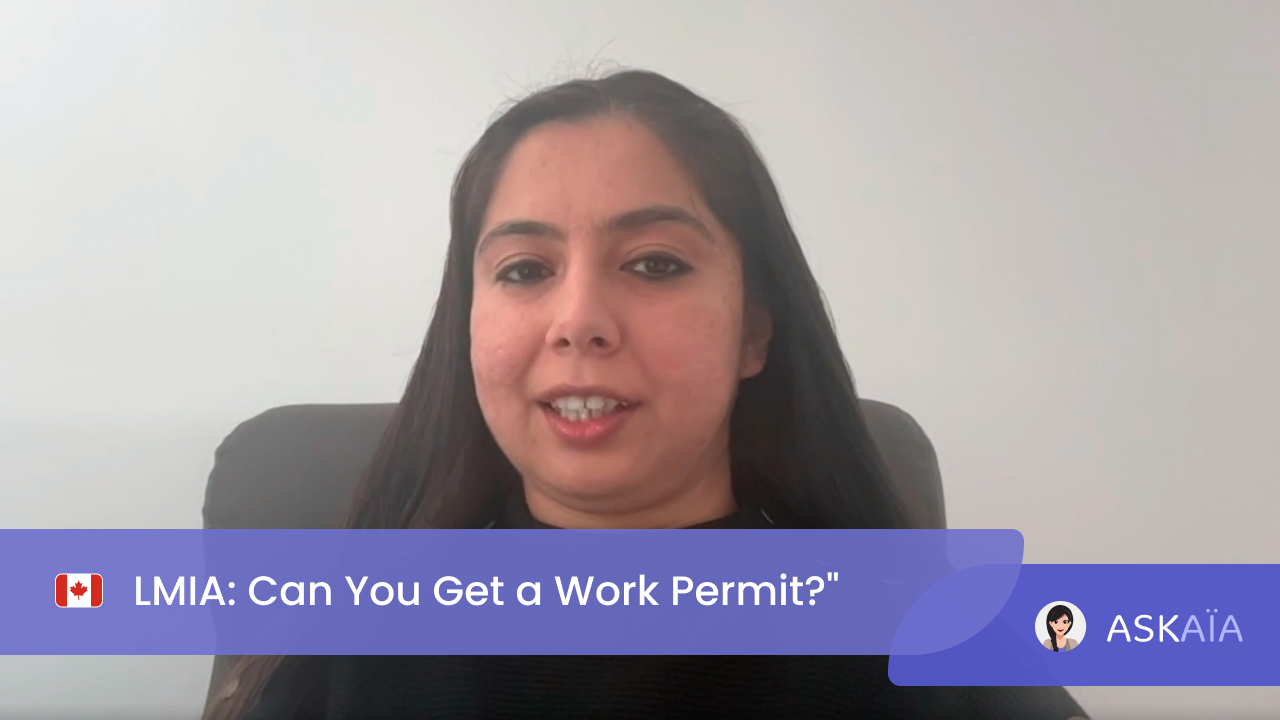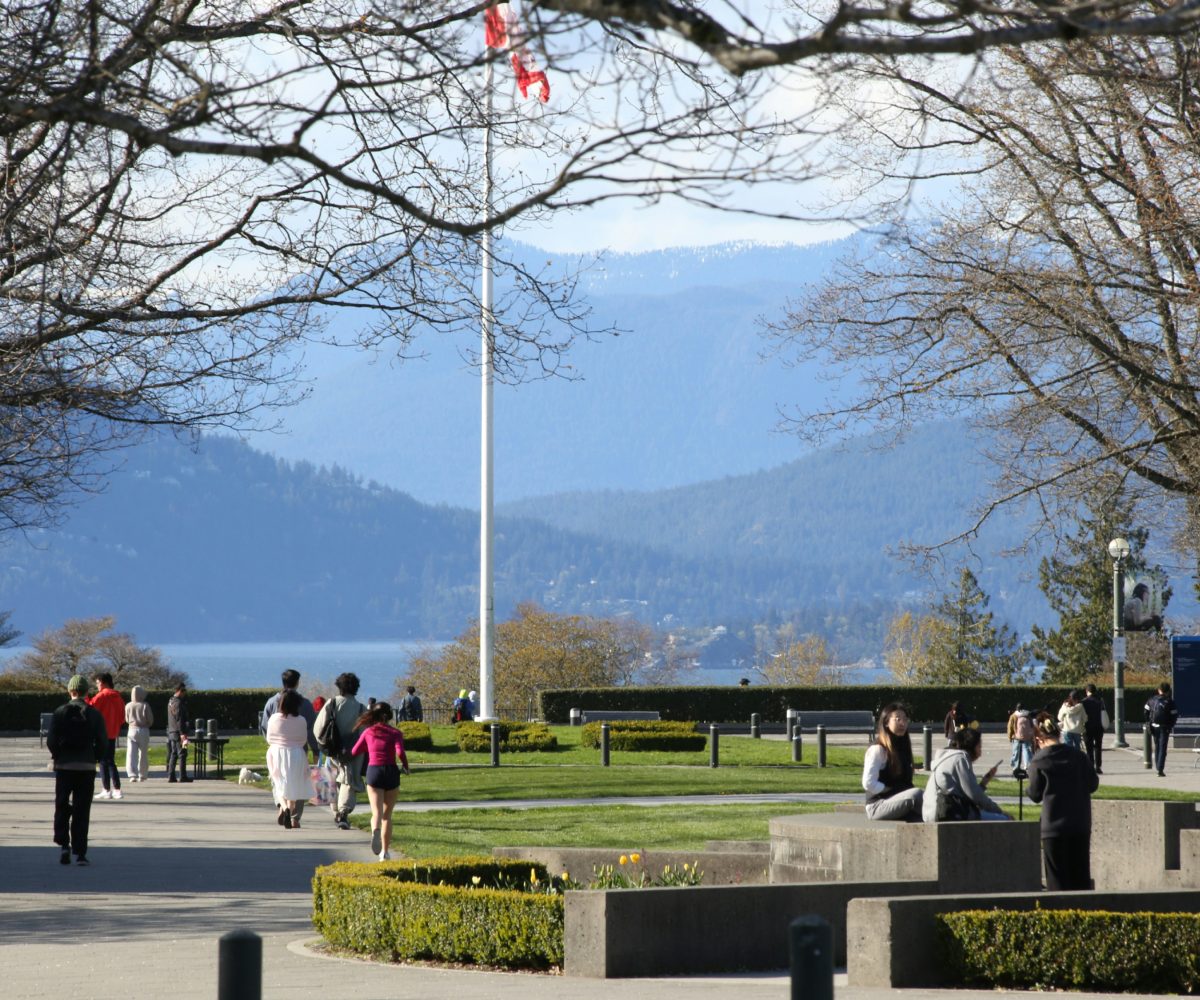Thinking of staying in Canada after graduation? For many international students, the Post-Graduation Work Permit (PGWP) is the first step toward building a future here. It lets you work in Canada after your studies—and opens the door to permanent residency.
In this third episode of our "Q&A with Bani" series, we tackle your most common questions about the PGWP. Bani Arora, our regulated Canadian immigration consultant, breaks down the rules in simple terms—from eligibility to travel restrictions and working rights.
Whether you’re about to finish your program or just planning ahead, this guide will help you understand how the PGWP works—and what to do next. Let’s walk through it together.
Watch the Q&A: Post-Graduation Work Permits Explained with Bani
If you're planning to stay in Canada after your studies, understanding the PGWP is key. In this video, Bani Arora, a regulated Canadian immigration consultant at AskAïa, answers the most common questions about PGWPs—from eligibility and fees to working rights and travel conditions.
All insights in this episode are based on the latest IRCC guidelines, with real-time updates powered by AskAïa to ensure you’re getting clear, accurate, and current information.
Why the Post-Graduation Work Permit (PGWP) Matters
For many international students, the Post-Graduation Work Permit (PGWP) is the key to staying in Canada after graduation. It gives you the chance to gain Canadian work experience and strengthen your path to permanent residency. But applying isn’t always simple.
In this episode, Bani answers the most pressing PGWP questions:
-
0:17 What is the PGWP?
-
0:52 Who is eligible for a PGWP in Canada?
-
1:31 When should you apply for your PGWP?
-
2:03 Can you apply without receiving your diploma?
-
2:27 What are the PGWP application fees?
-
2:48 Can you work while waiting for your PGWP?
-
3:08 Can you travel outside Canada while waiting?
-
3:40 Are there any work hour limits on a PGWP?
-
3:55 What if your study permit expires before you apply?
-
4:25 Can you apply for the PGWP more than once?
-
4:54 What does "open work permit" really mean?
-
5:16 Does online study count for PGWP eligibility?
-
5:48 What were the COVID-19 exceptions for PGWP?
-
6:27 How to check if your school qualifies for a PGWP?
-
7:11 Can you bring your family with you as a student?
-
7:47 Can your spouse work in Canada while you study?
-
8:08 Do all diplomas qualify for PGWP?
Each question comes from real experiences students face when planning their future in Canada. If you’re preparing to graduate or just getting started, this Q&A gives you the clarity you need to make smart immigration decisions. Want to know if you're eligible for a PGWP? Take our free assessment and find out.
Join Us for More Immigration Insights
The PGWP is a turning point for many international students in Canada. It opens the door to real work experience, stronger immigration options, and a chance to build a future here. But the rules can be confusing—and mistakes are costly.
Each week, "Q&A with Bani breaks down complex topics into clear answers, based on real questions from people like you. Got something on your mind? Leave a comment on the video—your question could be featured in a future episode.
Next week, we’re diving into another key part of the immigration journey. Stay tuned, follow AskAïa, and get the guidance you need to move forward with confidence. Have a question about immigration? Ask Aïa directly—your question might be featured in a future episode.

Let’s get your demo started
Book a demo
You May Also Like
These Related Stories

LMIA: Can you get a work permit? All Your Questions Answered
Many newcomers struggle with securing a job in Canada due to Labour Market Impact Assessment (LMIA) complexities. Who qualifies? How do you apply? Wha …

Canada Eases Immigration Rules for Construction Permanent Residence
On March 7, 2025, the Canadian government announced new immigration policies to tackle labor shortages in the construction industry—an essential secto …

Act Fast: Canada Delays PGWP Program Removal to Early 2026
At a Glance " \n Canada postponed the removal of 178 study programs from PGWP eligibility to early 2026. \n This gives students extra time to graduate …
